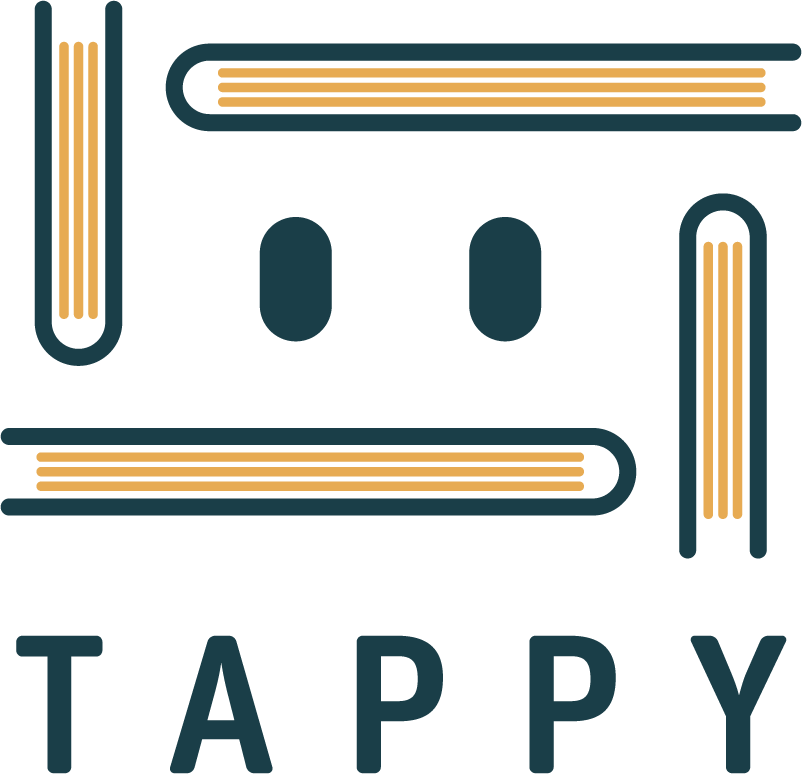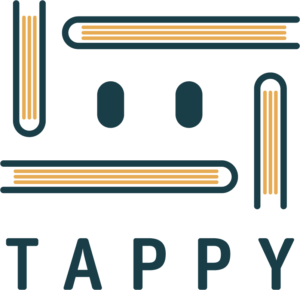The educational landscape is rapidly evolving. With the dawn of the digital age, integration of technology in classrooms, and emphasis on 21st-century skills, teachers are required to adapt and innovate. While team collaboration and effective lesson planning have been the cornerstones of effective instruction, there’s a critical element that’s often overlooked: teacher self-efficacy.
Understanding Self-Efficacy
At its core, self-efficacy refers to an individual’s belief in their capacity to execute the behaviors necessary to produce specific performance attainments. In the context of education, teacher self-efficacy is the teacher’s belief in their capability to organize and execute the courses of action required to successfully accomplish a specific teaching task in a particular context.
Why is it Important?
Research has shown that teachers with high self-efficacy demonstrate greater enthusiasm for teaching, a stronger commitment to teaching, and a higher level of planning and organization. These teachers are more likely to persist when things get tough, be resilient in the face of challenges, and are more open to new ideas and techniques.
The Connection with Collaboration
As organizations and schools emphasize team collaboration, it becomes essential to consider the individual self-efficacy of each member. A team can collaborate, innovate, and plan effectively only when each member believes in their capacity to contribute meaningfully. A teacher unsure of their ability to implement a strategy or to handle classroom challenges will inevitably struggle, regardless of how innovative the team’s ideas might be.
Cultivating Self-Efficacy in Teachers
- Professional Development: While professional development often focuses on introducing new strategies or tools, it should also aim to boost teachers’ confidence in their abilities. Sessions that allow teachers to role-play, engage in peer teaching, or get hands-on experience can be particularly effective.
- Mentorship: Pairing less experienced teachers with seasoned veterans can provide them with a safety net. Regular check-ins, observations, and feedback sessions can help novices build their confidence.
- Celebrating Success: Recognizing and celebrating small achievements can go a long way. Whether it’s a successful lesson, positive feedback from students, or the effective implementation of a new strategy, acknowledging these moments can boost morale and self-belief.
- Reflective Practices: Encouraging teachers to reflect on their experiences, both good and bad, can help them identify their strengths and areas of improvement. This self-awareness is crucial in building self-efficacy.
Final Thoughts
In the quest to achieve innovative collaboration and effective lesson planning, schools must not overlook the individual. As the age-old saying goes, “A chain is only as strong as its weakest link.” By focusing on building teacher self-efficacy, schools can ensure that every link, every teacher, is strong, capable, and confident.
Engagement questions for cultivating self-efficacy in teaching practice:
- On a scale of 1-10, how confident do you feel about implementing a new teaching strategy you learned recently?
- What resources or support would boost your confidence in trying out innovative teaching methods?
- How often do you reflect on your teaching practices? What have you learned about yourself through these reflections?
- Who do you turn to for feedback on your teaching? How has this feedback impacted your self-efficacy?
References:
- Teacher’s sense of efficacy and commitment to teaching (Tschannen-Moran, Woolfolk Hoy, & Hoy, 1998).
- Self-efficacy: The exercise of control (Bandura, 1997).
- Teacher self-efficacy and its effects on classroom processes, student academic adjustment, and teacher well-being (Klassen, Tze, Betts, & Gordon, 2011).


Leave a Reply